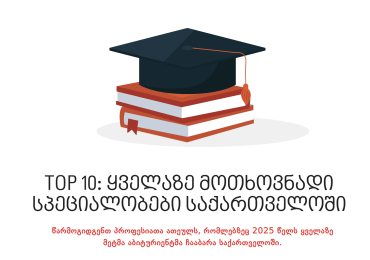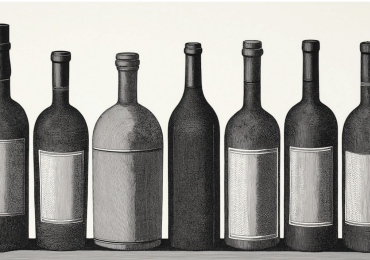This year, Forbes named Great Britain as the best country for business, followed by Sweden and Hong-Kong.
Forbes published its annual list of ratings for Best Countries for Business. Compared to the previous year, Georgia’s position on the list improved by 8 places and out of 161 countries came 44th.
The publication notes that the main economic activity for Georgia is agricultural products including alcoholic beverages. The report also highlights that Georgia is an import-dependent country that imports nearly all of its needed supplies of natural gas and oil products.
“Georgia has sizeable hydropower capacity that now provides most of its electricity needs. Georgia has overcome the chronic energy shortages and gas supply interruptions of the past by renovating hydropower plants and by increasingly relying on natural gas imports from Azerbaijan instead of from Russia. Construction of the Baku-Tbilisi-Ceyhan oil pipeline, the South Caucasus gas pipeline, and the Baku-Tbilisi-Kars railroad are part of a strategy to capitalize on Georgia’s strategic location between Europe and Asia and develop its role as a transit hub for gas, oil, and other goods.
Georgia’s economy sustained GDP growth of more than 10% in 2006-07, based on strong inflows of foreign investment, remittances, and robust government spending. However, GDP growth slowed following the August 2008 conflict with Russia, and sank to negative 4% in 2009 as foreign direct investment and workers’ remittances declined in the wake of the global financial crisis. The economy rebounded in the period 2010-17, but FDI inflows, the engine of Georgian economic growth prior to the 2008 conflict, have not recovered fully.
Unemployment remains persistently high. The country is pinning its hopes for faster growth on a continued effort to build up infrastructure, enhance support for entrepreneurship, simplify regulations, and improve professional education, in order to attract foreign investment.” – writes Forbes.
In addition, the publication highlights that Georgia had historically suffered from a chronic failure to collect tax revenues; however, since 2004 the government has simplified the tax code, increased tax enforcement, and cracked down on petty corruption, leading to higher revenues. The government has received high marks from the World Bank for improvements in business transparency.
With regard to the Georgian Dream governing period, the publication notes that since 2012, the Georgian Dream-led government has continued the previous administration’s low-regulation, low-tax, free market policies.
In developing the Forbes ratings, one of the criteria is the country’s existing position in numerous other international ratings. Namely, the publication has listed the following ratings for Georgia:
- Trade Freedom – 4th place in the world
- Monetary Freedom -70th place in the world
- Property Rights -74th place in the world
- Innovation -83rd place in the world
- Technology -45th place in the world
- Red Tape -2nd place in the world
- Investor Protection -2nd place in the world
- Corruption – 43rd place in the world
- Personal Freedom – 66th place in the world
- Tax Burden – 16th place in the world
This year, Forbes named Great Britain as the best country for business, followed by Sweden and Hong-Kong.
Although Georgia’s position has improved this year, Forbes’ assessment of Georgia for business is more negative than that of World Bank’s Doing Business rating, where Georgia holds the 6th place. However, Georgia is ahead of the other countries of the region: Russia – 55th place, Turkey 57th place, Azerbaijan 70th place, Ukraine 77th place, Armenia 81st place, Kazakhstan 65th place.
















